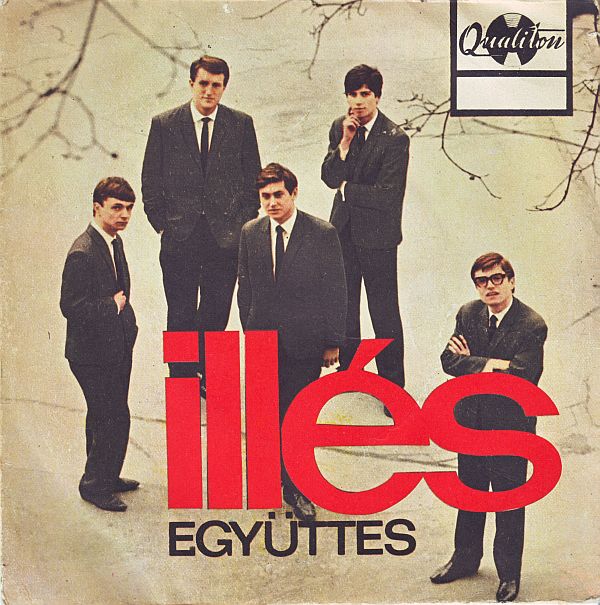Tomak Jankowski, an international scholar, shared how rock banks have put out music to advance the public’s knowledge about the Universal Declaration of Human Rights (UDHR) in Hungry.

I knew about the Universal Declaration because the dissident movements in Eastern Europe made such big hay out of it. After the Helsinki Accords of 1975 they moved their efforts to highlight those failings in the Soviet Bloc but some stuck with the 1948 declaration — which their Soviet-dominated governments had signed (but clearly disregarded). Your email has led me to rediscover an old love, which I’ll share with you.
American rock (and jazz) music were banned In the 1950s in the Soviet Bloc but loosening controls in the Khrushchev era allowed both in — and instantly, local groups mimicking their favorite Western groups (Elvis, Muddy Waters, Miles Davis, Coltrane, etc.) sprang up. Each Soviet Bloc country was different in when they liberalized/relaxed their music laws but generally by the late 1960s, most had opened their (musical) doors. Hungary was an early one, and Illés (pronounced EE-laysh) was sort of the Hungarian Beatles.
At first, they were like the early Beatles and mostly wrote love songs but they followed Western trends over the late 1960s and became both political and social critics — at great danger to themselves in a dictatorship.
In 1971 they came out with their masterpiece called simply, “Az Illés Eygüttés összes Nagylemeze” (“The Illés Group Collected Big Album”) It had a Beatles-esque simple white cover with no picture, simply their name in the bottom right corner.
The album begins with a simple factual statement set to music:
“Az Egyesült Nemzetek Szervezetének alapokmánya
A világszervezet legfőbb célkitűzései közé sorolja
Az emberi jogok és alapvető szabadságok
Tiszteletben-tartásának előmozdítását.
Az ENSZ közagyülése 1948 december 10.-én
Elfogadta az Emberi Jogok Egyetemes Nyilatkozatát
Mint azt a közös eszményt, amelynek elérésére
Minden népnek,és minden nemzetnek törekednie kell.
Minden ember szabadon születik,
És egyenlő méltósága és joga van
Az emberek ésszel és lelkiismerettel bírván
Egymással szemben testvéri szellemben kell, hogy viseltessenek”
HERE IS THE ENGLISH TRANSLATION:
(“The Charter of the United Nations
Lists the promotion of respect for human rights and fundamental freedoms as one of the main objectives of the global organization.
On December 10, 1948, the General Assembly of the United Nations
adopted the Universal Declaration of Human Rights
as a common standard for all peoples and all nations.
All human beings are born free,
and equal in dignity and rights.
All human beings, being endowed with reason and conscience,are to behave towards one another in a spirit of brotherhood.”) (Note: Hungarian actually is gender-neutral and I don’t have a good English language equivalent, but it actually says, “in siblinghood.”)
The 12 tracks on the album each highlight one of the declaration’s articles, sometimes with the singers providing commentary like “Imagine — we were all born free!” The songs’ titles are disguised as innocuous, light-hearted song titles that might be on any rock album. But essentially, the song lyrics are simply factual, stating what the declaration’s articles say in plain black and white.
This album was obviously a gauntlet thrown down to the then Hungarian communist regime but since the regime itself had signed the declaration, there was little they could do — though they did harass and arrest the band members for spreading anti-regime propaganda when they did interviews in the West about the album.
The Declaration wasn’t able to stop the abuses of dictatorships, but it did highlight their hypocrisy, de-legitimizing their policies and ultimately, their very claim to power. Each effort like this album was a tiny further chink in the regimes’ ideological armor, just one more reminder exposing their lies and need to behave in a violent way towards any opposition. It took a lot of examples like this over time — over decades — but efforts like this definitely played an important role in the regimes’ eventual collapse in 1989-1991.
Here is a link to the album:
https://www.youtube.com/watch?v=5NkOIevfLS0&list=OLAK5uy_k7cKWxY6i9azbLPb9eeU-NrWdC7tkLx4s&index=1
